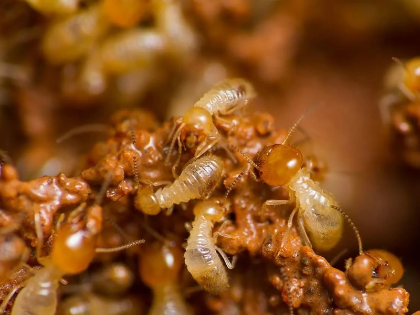Sloths are surprisingly but important markers of the broad consequences of climate change in the intricate network of Earth's ecosystems. Often neglected in environmental debates, these slow-moving mammals have become increasingly significant sentinel species offering insightful analysis of the effects of global warming. Sloths provide researchers and environmentalists until unheard-of chances to follow the effects of climate change on tropical ecosystems by their particular biology, behavior, and ecological requirements. Their reactions to environmental changes show strong proof that both policy makers and conservationists should pay close attention right now.
1. Temperature-Dependent Metabolism

Excellent bioindicators of climate change, sloths have a remarkable metabolic system that is quite sensitive to temperature variations. Their quite low metabolic rate, which is directly related to ambient temperature, has developed over millions of years to maximize within a given temperature range. Researchers have found notable alterations in sloth metabolic rhythms as world temperatures keep rising. These variations influence everything, including their energy consumption and digesting efficiency, therefore producing a cascade of impacts influencing their survival rates. Recent research indicates that even small temperature changes can drive sloths to use more energy preserving their body temperature, therefore limiting the energy available for other vital behaviors such reproduction and foraging. This direct link between sloth physiology and environmental temperature gives researchers a natural early warning system for tropical ecosystem implications of climate change.
Advertisement











